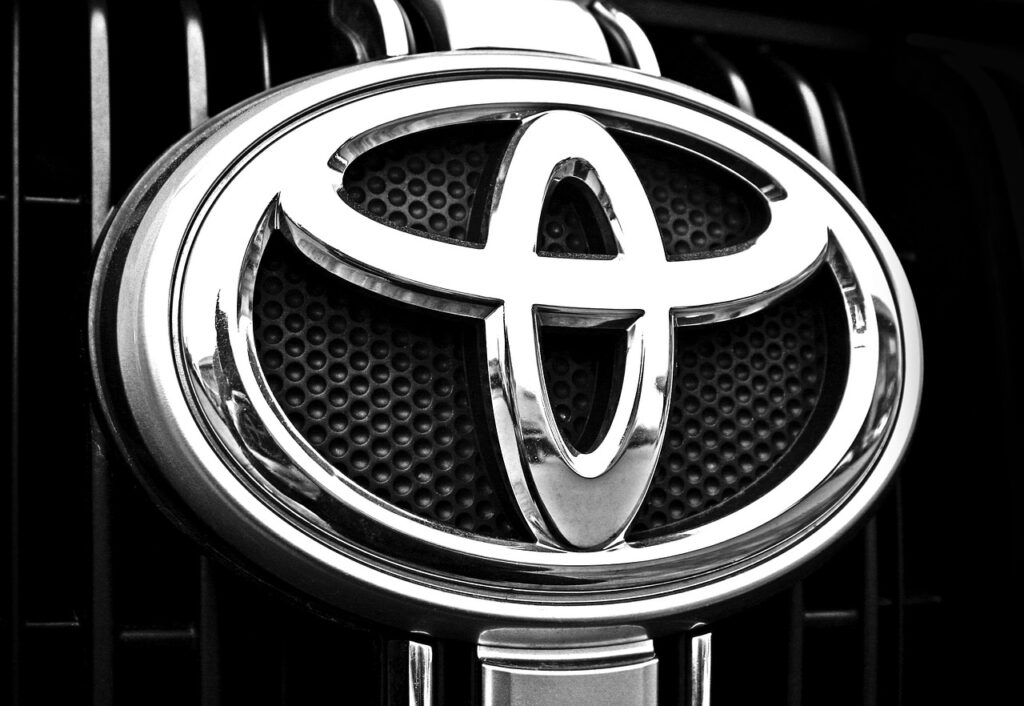Toyota is set to establish the Hydrogen Factory Europe. This groundbreaking initiative aims to foster a coordinated approach to hydrogen production, supporting the increasing demand for fuel cell systems in the region.
Toyota’s Hydrogen Factory aligns with the company’s ambitious goal of achieving carbon neutrality in Europe by 2040, a decade ahead of the global target. The factory will play a pivotal role in the production of fuel cell systems, reinforcing Toyota’s commitment to sustainable practices.
With Europe projected to become one of the world’s largest hydrogen fuel cell markets by 2030, Toyota’s timing couldn’t be more strategic. The region’s substantial investments, exemplified by the European Commission’s Green Deal and significant funding for hydrogen refueling stations, create a conducive environment for market development.
Toyota’s journey in hydrogen technology began with the introduction of the Mirai, the world’s first mass-produced hydrogen fuel saloon, in 2015. With the recent launch of the second-generation Mirai model in 2020, Toyota showcases its commitment to advancing fuel cell technology.
This year, Toyota unveiled its first hydrogen-fueled Hilux FCEV Prototype pick-up, demonstrating the versatility of fuel cell technology. The lightweight nature of hydrogen enables these vehicles to offer higher payload and towing capabilities compared to other zero-emission alternatives.
Scheduled to commence operations, Toyota’s Hydrogen Factory Europe will spearhead the development of next-generation hydrogen fuel cell technology. Slated for sale in 2026, this technology promises higher power density and a 20% increase in driving range. The factory will also play a crucial role in forging commercial partnerships, marking a collaborative approach to sustainability.
